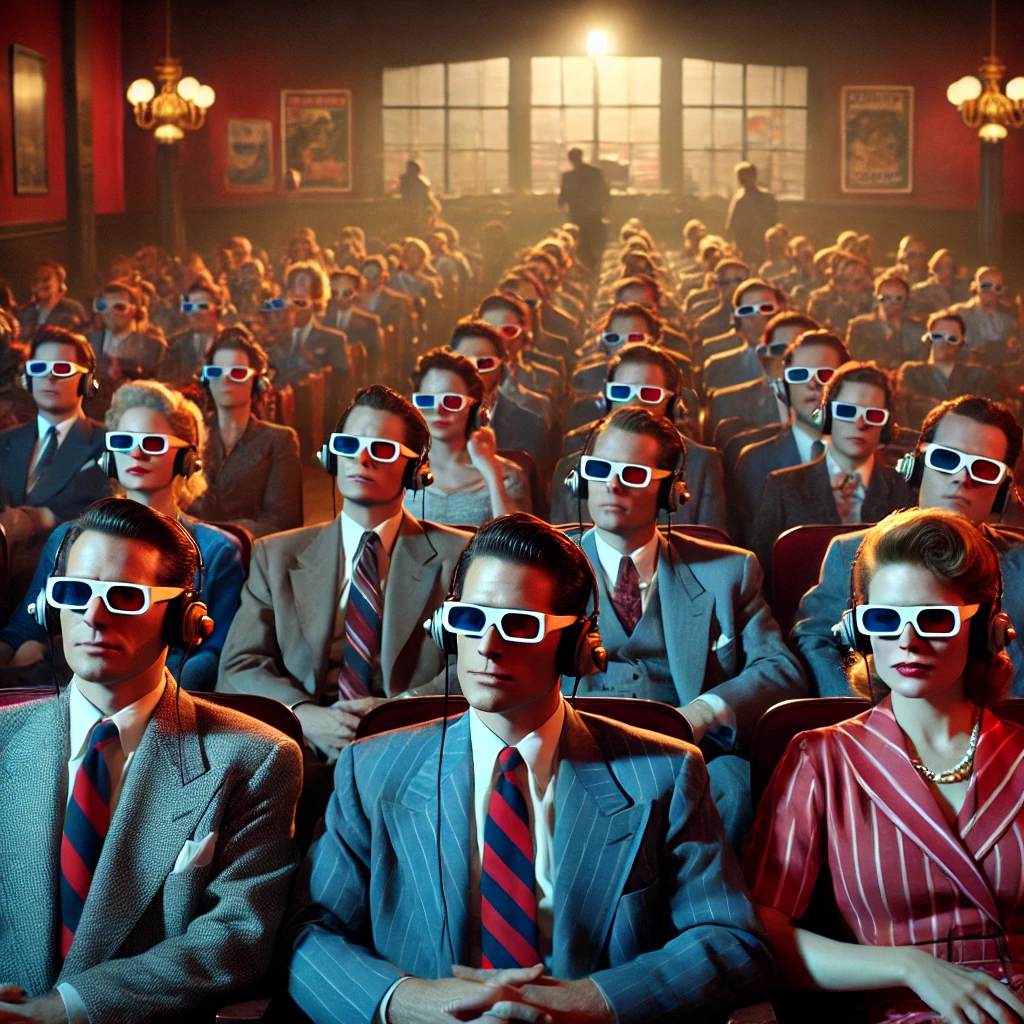In 2024, we find ourselves living in a world where anxiety is not just a side effect of modern life but a daily weapon used against us. Fear has become the currency of power—manipulated, exaggerated, and repackaged in ways that amplify the most unsettling aspects of our existence. We are bombarded by stories so extreme they can’t possibly be true, yet they are repeated until they carve themselves into our collective psyche. And perhaps what’s most frightening is not just that these stories are told, but that many believe them, even act on them.
How did we get here?
Martin Heidegger (1889–1976), the German philosopher, helps us grasp this dilemma. “Unheimlich,” as he called it, describes the unsettling feeling that no matter where we are, we never truly feel at home. The existential dread permeates our life experience—an awareness that things don’t fit, that something is fundamentally off. For many, this feeling is now a constant companion, exacerbated by a world that seems more divided and chaotic than ever. But in today’s spectacle, that unease is no longer just a personal struggle; it has been weaponized.
Guy Debord (1931–1994), a French philosopher and filmmaker, offers us another key piece of the puzzle. Debord’s critique of modern society, centered on the concept of the spectacle, warned that we’ve replaced real, lived experiences with a mediated existence. This spectacle keeps us passive, isolated, and easily controlled. The truth is less important than the performance, and fear is its most effective tool. Fear of “the other,” fear of losing control, fear of change—all magnified in relentless 24/7 coverage that’s less about presenting facts and more about feeding speculation and conjecture. These broadcasts are often nothing more than a form of overstimulation, pushing us toward emotional overload rather than informing us with clear, objective truths.
In this environment, the importance of free and fair journalism cannot be overstated. It serves as a necessary antidote to the spectacle, holding power to account, presenting facts rather than fictions, and offering people a chance to see through the noise. Without it, we are left with conjecture masquerading as news and fear used as entertainment. Real journalism reminds us that there is still truth to be found, and it empowers us to engage with the world on real terms.
Fear has always been a powerful force, but today, it’s delivered to us in high-definition, 24/7, with a narrator telling us exactly who to blame. Every anxiety we carry about the future, about safety, about our place in the world is magnified and turned into a weapon to divide us. People who feel unmoored and uncertain are especially vulnerable, drawn to charismatic figures who offer simple solutions to complex problems, who validate their worst fears, who make them feel at home in a narrative of good versus evil. But these solutions are illusions, distractions from the real issues, like replacing one anxiety with another, rather than addressing the root cause.
This political spectacle feeds on our anxieties, twisting them into grotesque caricatures. We are told stories so far removed from reality that they sound like dark fairy tales, full of dangerous villains lurking around every corner. And the more anxious we become, the more susceptible we are to these stories. We lose sight of the fact that these fears are not organic but cultivated—intentionally grown and nurtured by those who profit from our panic.
But here’s the truth that those behind the spectacle don’t want us to remember: anxiety, as Heidegger knew, is part of being human. It’s not something to be avoided or hidden from. Instead, it is a signal, a reminder that we are alive and that we have choices. The more we run from it, the more we fall prey to those who exploit it for their own gain. But if we face it, if we confront it head-on, we can turn that anxiety into something productive—an opportunity to wake up, to live authentically.
In a world full of predatory characters preying on our fears, it is tempting to retreat, to cover ourselves in the familiar and the comforting. But that’s exactly how we remain trapped in the spectacle. The only way out is through. Through the discomfort of acknowledging that we don’t have all the answers, that life is full of uncertainties, and that those uncertainties make us vulnerable to manipulation. But they also give us the potential for growth.
Debord was right about one thing: we must tear down the spectacle. Not through violence or force but by refusing to play its game. By rejecting the commodified narratives of fear and choosing to engage with the world as it is—not as it is portrayed. This means asking questions, challenging the easy answers, and understanding that the world is complex, nuanced, and far more interconnected than the spectacle would have us believe.
To live authentically is to embrace that anxiety, to not let it paralyze us, but to let it fuel us. It means recognizing that those who prey on our fears are selling us a vision of the world that doesn’t exist. It’s up to us to decide whether we will keep buying into it or whether we will step away from the spectacle, confront the uncomfortable truths, and begin to build something real.
There is no way out of this—only through it. By confronting the anxiety head-on, by refusing to let fear dictate our lives, and by seeing through the lies that keep us trapped, we can move toward a world where we are not just spectators, but participants in something authentic. And that, perhaps, is the most revolutionary act of all.
